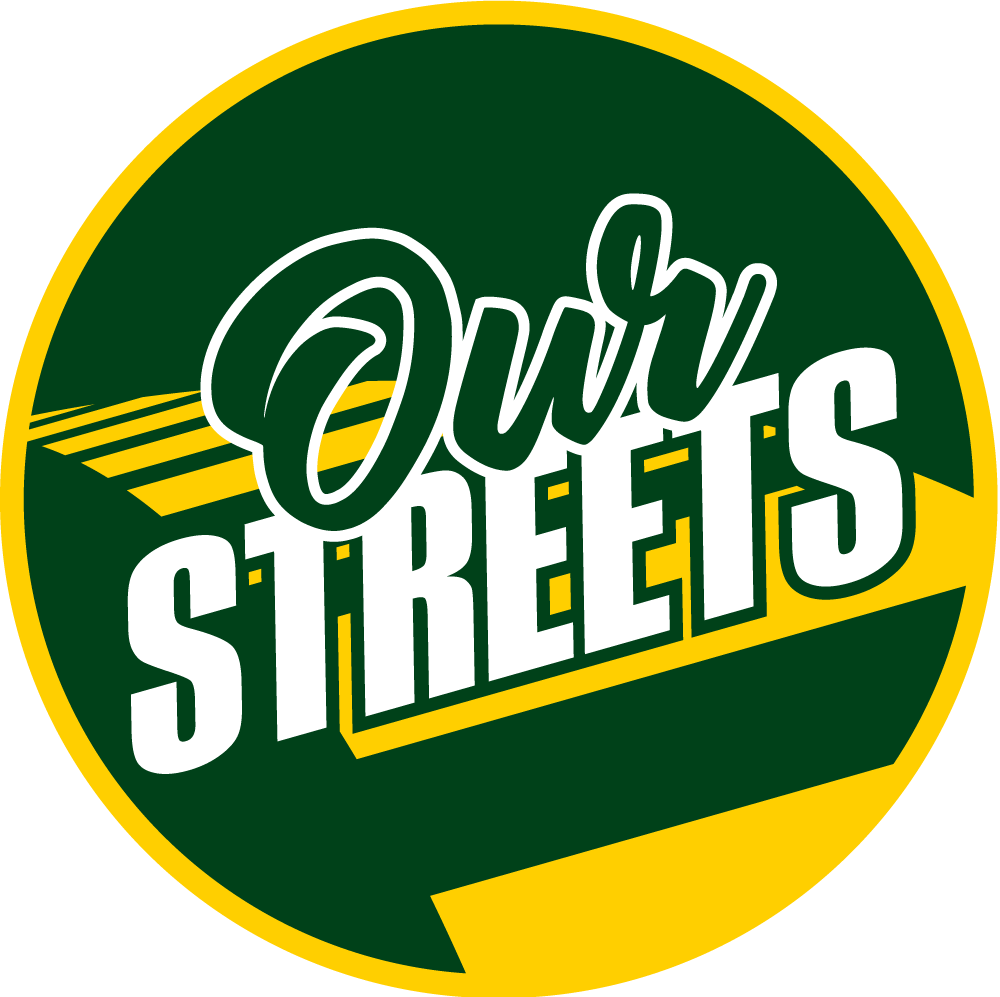2023 Recommendations on Automated Traffic Enforcement in Seattle
Whose Streets? Our Streets! Releases Recommendations Urging the City of Seattle to Prioritize Equity in its Expansion of Automated Traffic Enforcement
FOR IMMEDIATE RELEASE
Contacts: Ethan C. Campbell (ethanchenbell@gmail.com), Nura Ahmed (nuahmed74@gmail.com)
SEATTLE — Whose Streets? Our Streets! (WSOS), a BIPOC-focused workgroup of community members examining the role of enforcement in transportation, is asking the City of Seattle to put the brakes on expanding its automated speed camera program until critical equity issues are resolved.
A recent SDOT analysis of the program revealed that existing cameras have been placed disproportionately within Seattle’s communities of color, reflecting historic disinvestment in the safe design of roadways that run through those communities. While automated ticketing can reduce speeding and collisions, the cost of a speeding ticket – currently $237 – can also cause significant financial distress for low-income Seattle residents.
Few realize that the number of automated traffic camera tickets issued in Seattle has soared to nearly 200,000 each year. In contrast, Seattle police currently write an average of just 11 tickets per day in traffic stops, about 50 times fewer than are issued by automated cameras. Last year, a budget amendment by outgoing City Councilmember Alex Pedersen directed the city to double down on this mode of traffic enforcement by expanding the number of school zone speed cameras from 35 to 70 in 2023 and 2024. An implementation plan by the Seattle Department of Transportation (SDOT) is due to City Council by July 1, 2023.
Drawing from our BIPOC-focused community outreach and policy research, Whose Streets? Our Streets! is releasing a report with 15 detailed recommendations on how Seattle can balance safety and equity considerations when expanding its automated enforcement program. These recommendations focus on four key areas:
Mitigating the disproportionate impacts of fines and focusing on highest-risk behavior
Creating an equitable citywide distribution of cameras
Developing robust policy to prioritize physical street safety improvements before
implementing automated ticketingAddressing surveillance concerns by documenting, publicizing, and strengthening protections around the use of images and data collected by automated enforcement cameras
We have heard from Seattle residents that doubling down on punitive ticketing is not the right solution for our city’s current traffic safety crisis. On March 14, 2023, WSOS hosted a community town hall centered on automated traffic enforcement. Through small group discussions and a survey, we gathered feedback on how automated ticketing has affected Seattle residents and how the system can be more equitable. Our town hall and a separate online survey were advertised within a South Seattle Emerald op-ed on automated enforcement. In the words of community members who attended the town hall or responded to our surveys:
“I was between jobs and had to pay for my medication, and when I got a school zone speeding ticket, I had to choose between paying the ticket or reducing my medication.”
“We need safer streets all over Seattle but especially in South Seattle where traffic related deaths are highest. But not [with] traffic cameras. That would further punish those communities for poor design. We need to spend our money on better design… of our streets.”
“There are speeders everywhere – in Ballard, in Laurelhurst, in Loyal Heights. Why target communities of color? If the city is going to put cameras in, they better be everywhere.”
Learn more about this important issue by reading our new recommendations report below or at: https://www.our-streets.org/s/WSOS-automated-enforcement-summary.pdf.
About us: Whose Streets? Our Streets! (WSOS) is a BIPOC (Black, Indigenous, and People of Color)-focused workgroup, convened in July 2020 by Seattle Neighborhood Greenways (https://seattlegreenways.org). We use a pro-equity, anti-racist framework to review laws and practices related to transportation in Seattle. We are committed to advocating for the specific needs of all street users, but particularly the communities of color whose safety and mobility has historically been restricted by unjust public planning and policies. Since 2022, we have been conducting community outreach and engagement under contract with the Seattle Department of Transportation (SDOT) regarding what it means for BIPOC communities to feel safe while traveling in Seattle. To learn more about us, visit our website: https://www.our-streets.org/. For general inquiries, contact our group at wsos@seattlegreenways.org.

